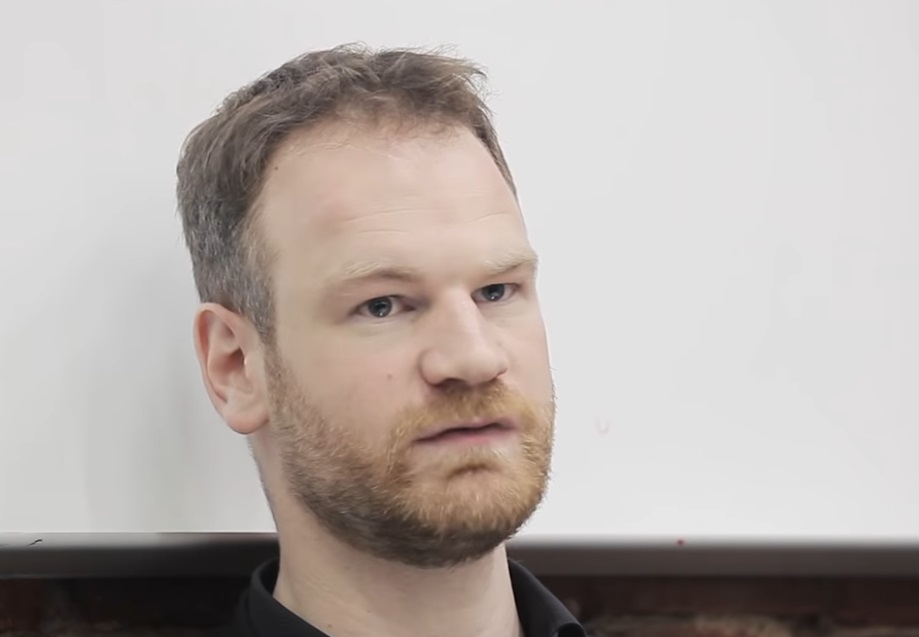Share














Most read

19 Azerbaijani experts cross land border to meet Armenian counterparts for the first time
Top stories in Azerbaijan, Armenia, and Georgia from 9-13 February, 2026
Awaiting end of war in Ukraine: Russia’s intentions in South Caucasus
'Goal is to turn Armenia into a Russian outpost': Samvel Karapetyan named as prime ministerial candidate
Former US envoy: Georgia’s government no longer a reliable partner for Washington

Abkhaz opposition calls for government purge of allies of former president
Geostat: Georgia’s foreign trade turnover down 23.6% in January 2026 compared with last year
Latest news in Georgia, Armenia, Azerbaijan, summary. Live
'Opposition aims to take power by forming post-election coalition' – Armenian parliament vice-speaker
Former Ivanishvili's financier released from prison











